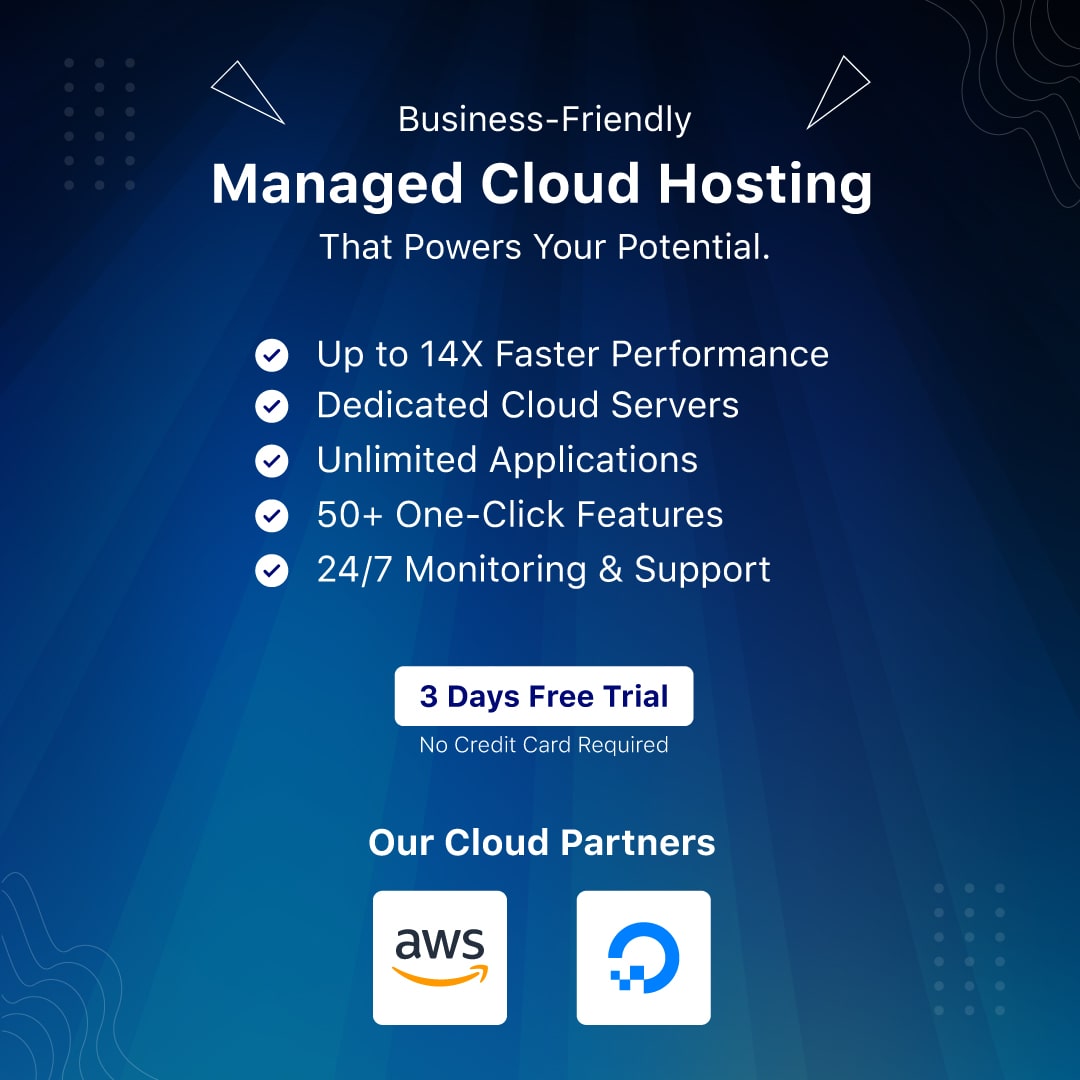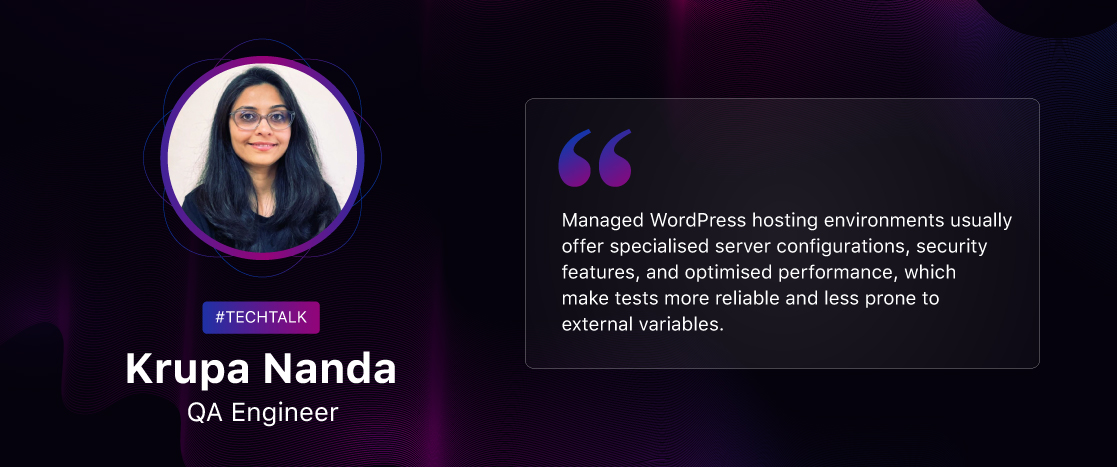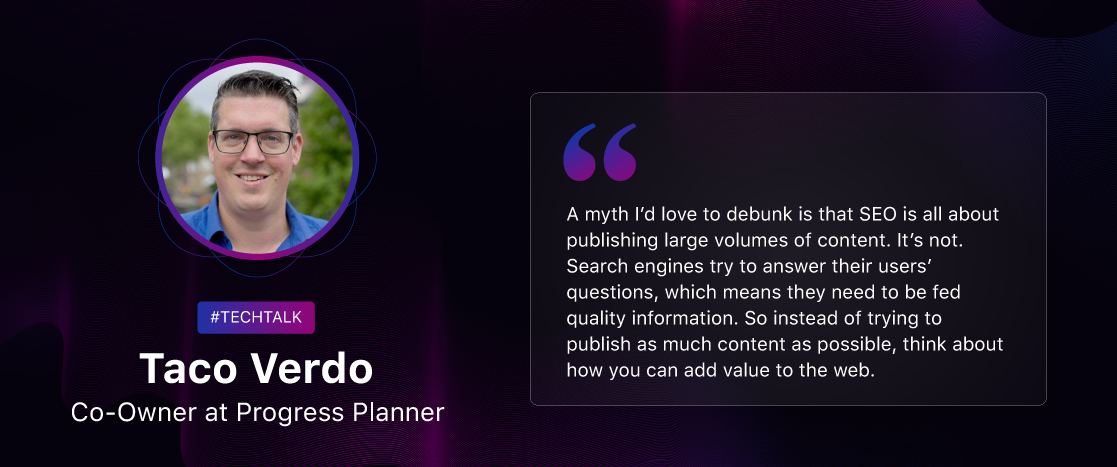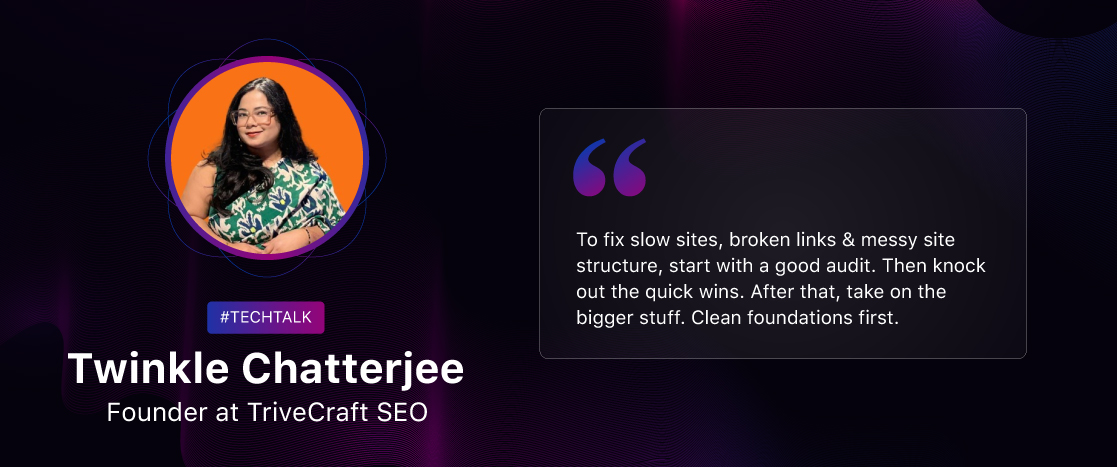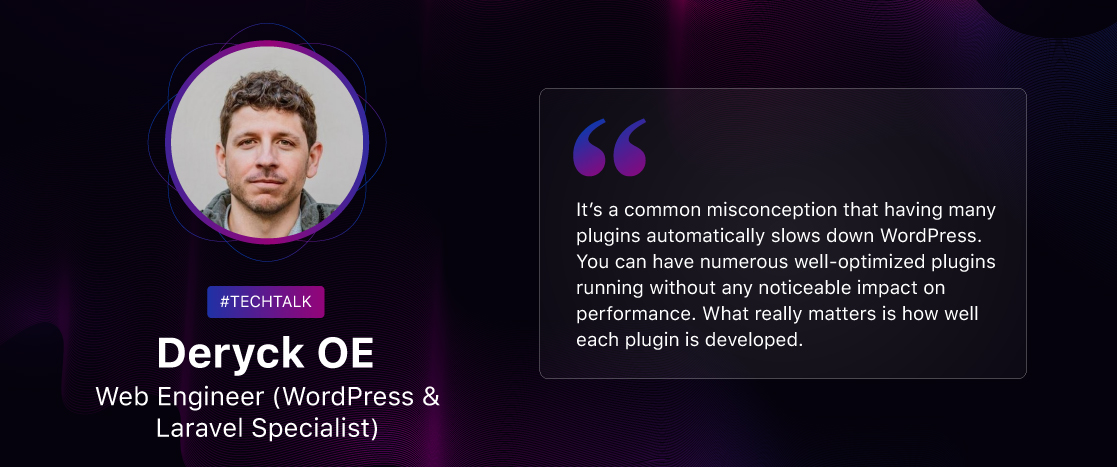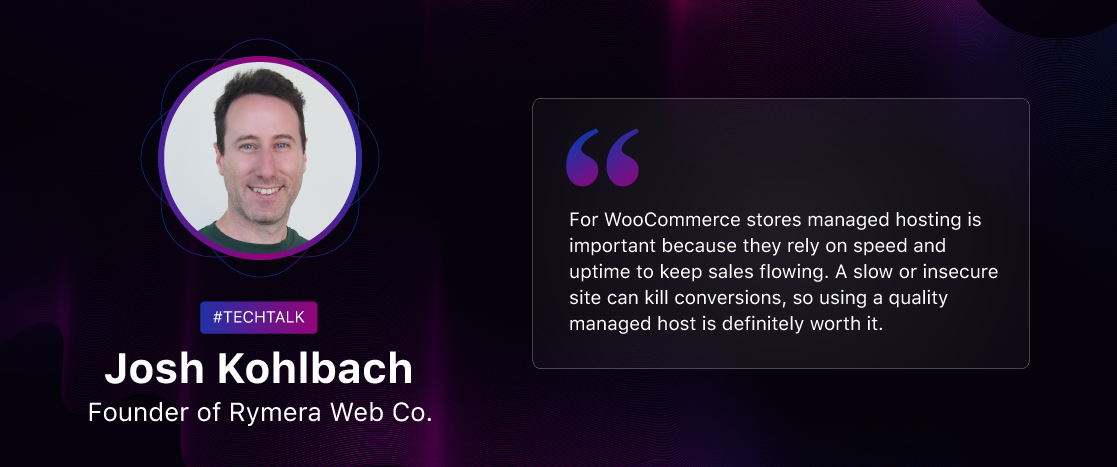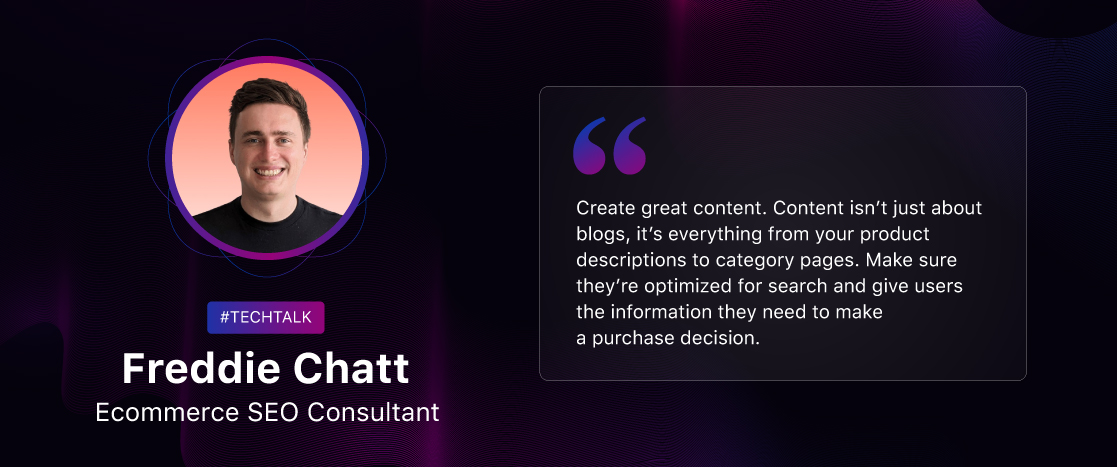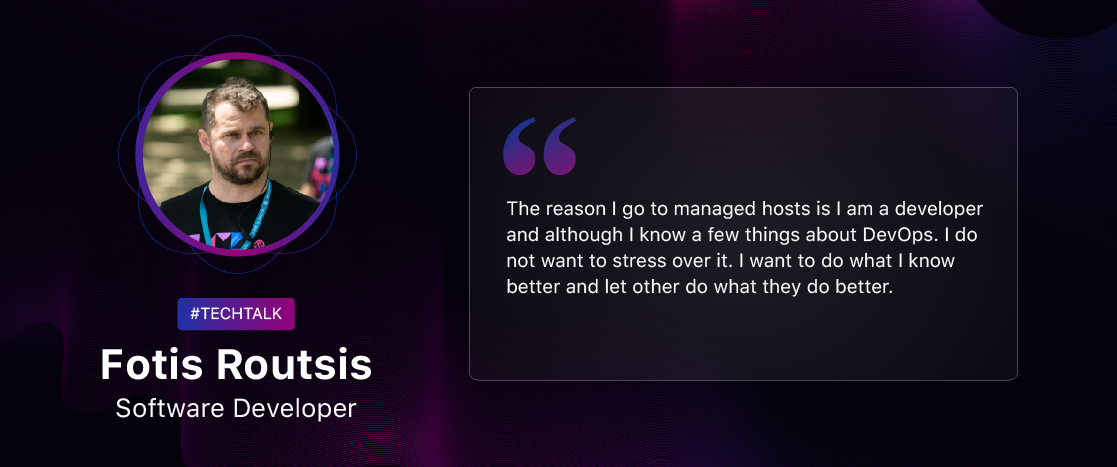
Devrims #TechTalk 048: Fotis Routsis Discusses How To Be A Good At Freelancing
Based out of Athens, Greece, Fotis Routsis boasts over a decade of experience in the field. He is passionate about the flexibility and diverse projects freelancing offers, allowing him to explore various technologies and refine his communication skills.
His journey began with a desire for simple website creation tools, leading him to discover WordPress’ user-friendly interface and extensive plugin library. This sparked a deep dive into the platform, eventually transforming him into a dedicated WordPress enthusiast.
Fotis is not only skilled in development but also an active member of the WordPress community. He initially participated in forums before attending his first WordCamp Europe in 2014. This ignited a passion for community engagement, leading him to co-organize multiple WordCamps in Greece and contribute to WordCamp Greece’s organization.
Beyond technical expertise, Fotis emphasizes the importance of quality support when choosing managed WordPress hosting. He prioritizes responsiveness, justified explanations, and a deep understanding of developer needs. His advice for developers transitioning to managed hosting highlights clear communication with clients, managing expectations, and readily migrating away from underperforming providers.
Driven by a love for learning and constant improvement, Fotis encourages aspiring freelancers to actively network, hone their English skills to expand their reach, and embrace a growth mindset. He emphasizes realistic expectations, setting boundaries with clients, and overcoming imposter syndrome to build a fcareer.
With his technical prowess, community spirit, and commitment to continuous learning, Fotis stands as a valuable asset to the WordPress world.
Devrims: Hey Fotis, it’s great to have you here today with us. Please introduce yourself to our readers. Tell us about your educational and professional background.
Fotis: Hello! I am glad to be here as well and thank you very much for having me. I am Fotis, an fullstack WordPress developer located in Athens, Greece. I have been working with WordPress pretty much since 2008. I studied B.Sc. in Informatics at Athens University of Economics and Business and then continued with an MSc in Medical Informatics from the University of Athens. I was always fascinated by Bioinformatics and Medial Informatics. I am also a certified Open Data Trainer from the ODI (UK). I have worked as a freelancer and participated in multiple projects some of which I am very proud. Back in 2010 and also now, I am part of groups that develop large scale Open Government projects. The teams I have participated created the Diavgeia Project and the OpenGov platform and now I am Lead Developer building the Mitos Project (Catalogue of all the Procedures of the Greek Gov). Besides that I always have my hands in some WP related project either for a client or a personal one.
Devrims: You have experience across many programming languages and frameworks. How did you get started working with Oracle and SQL Server databases? What drew you to specialize in this area?
Fotis: After graduating from university I got to work with a few companies and one of them would work mostly with Oracle Technologies, which are still dominant in large scale Gov projects. I took a training in Oracle Forms, PL/SQL and SQL Server. I also got to know Transactional SQL, Java, SpringBoot etc. Nonetheless although these are great tools they could not be easily used in my solo freelance career so after a few years I did not use them.
Devrims: As you have transitioned to more web-based work, what have been some of the biggest differences in your development approach? Pros and cons of web development?
Fotis: Transition came out of necessity. Due to my M.Sc. needs and then other needs, I had to work on a freelance basis. Using the previously mentioned technologies was not easy for a newbie like me. I eventually found my spot in Web Development. The needs were not large scale, so I got to create simple web pages, simple web apps, web apps for social media campaigns, tailored tools, etc. It was a great way for someone new in the field to grow their confidence, learn new things and eventually become a senior developer in that field. There is a huge area in web dev and anyone can find their spot regardless of used technology or seniority. Also the tech stack needed for someone to get involved is primarily open source and one could say lightweight (compared to corporate Java based solutions). Anyone can jump in and also make use of the open source communities out there (like the one of WordPress). I am not sure if there are cons. Probably if someone is following a solo career will not be able to develop strong skills in fields of large scale projects. These are usually things you find as a member of large corporate teams.
Devrims: When you started working with WordPress, what sparked your interest and made you think ‘I should build my skills in this area’?
Fotis: I was looking for a simple tool to create basic websites. I could write plain PHP/HTML/CSS and JS, but I found the usage of the various frameworks disappointing. The backlog you had to go through just to start the project was a “no go” for me. I tried Joomla, Drupal and a few other CMS options and when I first used WordPress, I got fascinated by the simplicity of the admin interface. It would just make sense, and with every new version it got better and better. (To this day this is my pitch for my clients: It is super easy to use!) That combined with the extensive plugin catalog was enough for me. And once I got to know WP at a deeper level, I got “hooked!”
One more thing that is worth mentioning since it is a big factor of my WP dedication is the community behind it. I have not come across something similar in the Open Source world and is probably one of WP’s greatest strengths.
Devrims: You’ve been involved with WordPress for almost 10 years – that’s impressive! We’d love to hear how you first got connected with the WordPress community in those early days.
Fotis: To be honest the first years I was just a solo developer that would read a few forums (and never write though) and that was it. Back in 2014, I heard about a WordPress event that was taking place in the nearby Sofia, Bulgaria. I did not give it much thought, I applied as a volunteer and participated in the second WordCamp Europe (WCEU)! Funny enough, I met my fellow Greek community members in that event. I had to travel to another country to do that. We had discussions about similar events on a local level and eventually ended up organizing multiple WordCamps in Athens, Thessaloniki, and later, WordCamp Greece. I never missed a WCEU since 2014 and participated as a volunteer and the last few years as an organizer.
Our peak was organizing WCEU in Athens last year which we are very proud of. We put a great amount of effort into that and we believe it was a great event! These days, I cannot wait for the next WCEU (or some local one) to be able to connect again with all these friends I have made over the years. WordPress community is a very welcoming one and in every event we do our best to make newcomers feel comfortable and eventually join our big family. Definitely there are challenges out there, but nothing so far that the community was not able to handle. I will continue being part of the WP Community in the foreseeable future and can’t wait to meet new people as it grows more and more.
Devrims: How important is the quality and responsiveness of support when dealing with a managed host?
Fotis: I cannot emphasize enough on this. It is MAJOR.
The reason I go to managed hosts and bring my client to such solutions is exactly that aspect. I am a developer and although I know a few things about SysAdmin and DevOps, I do not want to stress over it. I want to do what I know better and let other do what they do better.
Having a great support and responsiveness, it is a must and I am willing to pay more for that. That being said it is also important to have quality support! I need my issues (hopefully occurring rarely) to be solved fast and also answered in sincerity.
Canned answers coming from many support chats are ridiculous.
I would prefer to wait for the chat to get back to me rather than drop a canned comment like ‘One of the other sites in the server got many resources’ or ‘You need to profile your codebase since it is overloading the server’.
I am not saying these might not be true but I have received such answers more times than I should. I do need justified answers. I need the support team to understand that I am a developer and not an end user and probably I require more from the support line.
Devrims: What advice do you have for developers moving client sites to managed WordPress hosting for the first time?
Fotis: First of all: Do not overpromise. Clients take your word for it. When I suggest a managed WP hosting to a client I usually explain why:
- You get a WordPress (or WooCommerce) optimized instance of a server.
- You get daily backups and peace of mind.
- You get great support.
- You get high availability.
- You get monitoring and security tools out of the box.
- You get access to great infrastructure (Google Cloud, AWS whatever lies behind the provider) that you could not afford on your own.
- You get me, your developer, dealing with the site’s improvements, fixes, and enhancements and you pay just for that. No billable hours on sysadmin tasks.
That being said, I always explain that there will be downtimes and issues, but not at a scale that will be an issue.
And to be completely honest if I, as their dev, see that the managed hosting I advised them to go to is not doing that great, I will also suggest they leave them and move to another one (and will happily do the migration for free).
It is important for Managed WP hosting providers to keep their standards high. There are cases where they start great but over time and as clients accumulate. The quality drops significantly.
Devrims: Let’s do a quick rapid-fire round.
| Devrims | Fotis |
| Books or Movies | Movies |
| Day or Night | Night |
| Tea or Coffee | Coffee |
Devrims: What do you enjoy most about freelancing? What are some of the biggest challenges?
Fotis: The greatest thing is the flexibility. I was ready to say freedom but it is an overused and exaggerated term when referring to freelancing. Flexibility it is. I can do my morning chores or leave mid week for a personal trip, or if I feel under the weather I can take a walk. Nonetheless let’s face it, work needs to be done, and flexibility means you just get to shift work around, in the end you will need to do it (at night time, on a two day coding marathon, on Sunday morning, you name it).
You get to deal with different clients and projects. You do not get bored (except for the times you get!) and you always keep your communication skills sharp.
You are forced to manage your time in a better way than the average person. You got clients coming and going, you have billing, accounting, expenses, planning and crisis handling running all at the same time. At the end you either manage to handle all these or you end up having a burnout.
Here we need to mention something important: Being a freelancer has always to do with your clients and the economy you operate within. Some of the things that stress or burdain a freelancer is Greece might not in the US or the UK and vice versa. The challenges are different and also the .. paycheck is different, although the work is the same.
Devrims: What tips do you have for developers new to freelancing? What would you do differently if you were starting today?
Fotis: Let me start with something that I always say: Go to events. Go to Meetups. Go to WordCamps (or whatever). The events are about people and networking. Personally I never got work/project from attending an event. I cannot even remember landing a client. But what I got is talking to people. People like me with same or better skillset, people from abroad. Sitting next to peers and discussing from tech stacks to billing rates is eye opening. You can read in forums and blog posts but it hit’s you different when you actually meet with someone and discuss about it. Do it. Do not be shy, talk to people, have a beer, suppress your imposter syndrome and go ahead and express yourself in a group of peers.
Work on your English and try pitching clients from abroad. It will broaden your clientele and also make you part of a global workforce. If you are based in the Balkans and work for a UK/US/AUS client, do not expect to get a paycheck similar to that country’s but definitely, it will be far more of what you get in your country.
Measure your performance for each project. Do not pass to the client what is your fault. If you calculated 40 hours and you worked 60 it is your fault. Next time do better and promise 60 hours. Stick to what you agree and promise.
(Contrary to the previous comment!) Do not allow the client to derail your project (unless they pay for it. Learn to say “no” or explain yourself and how will the “changes” affect the project (in terms of deadline and cost).
Start humble and keep growing. There might be rates out there of 70USD or more but these rates correspond to different skills that as a newbie you do not have. You start low, you improve and as time goes by you increase your rates. No there is not a guide out there but I do believe that most of people do know when they oversell and overpromise. Try not to do that.
Finally, work on your imposter syndrome. The fact that someone can code in 10 languages and you only know 2 does not mean a thing. You might have a great algorithmic approach, you might be producing more efficient code (or not). In any case, keep improving yourself and be happy with the results you deliver. If you are not happy or you could do it better keep improving. At some point you will be able to deliver what you feel comfortable in a deadline and quality you also feel comfortable. And that is the point where your career takes off.
Devrims: How about a candid picture of your workstation?
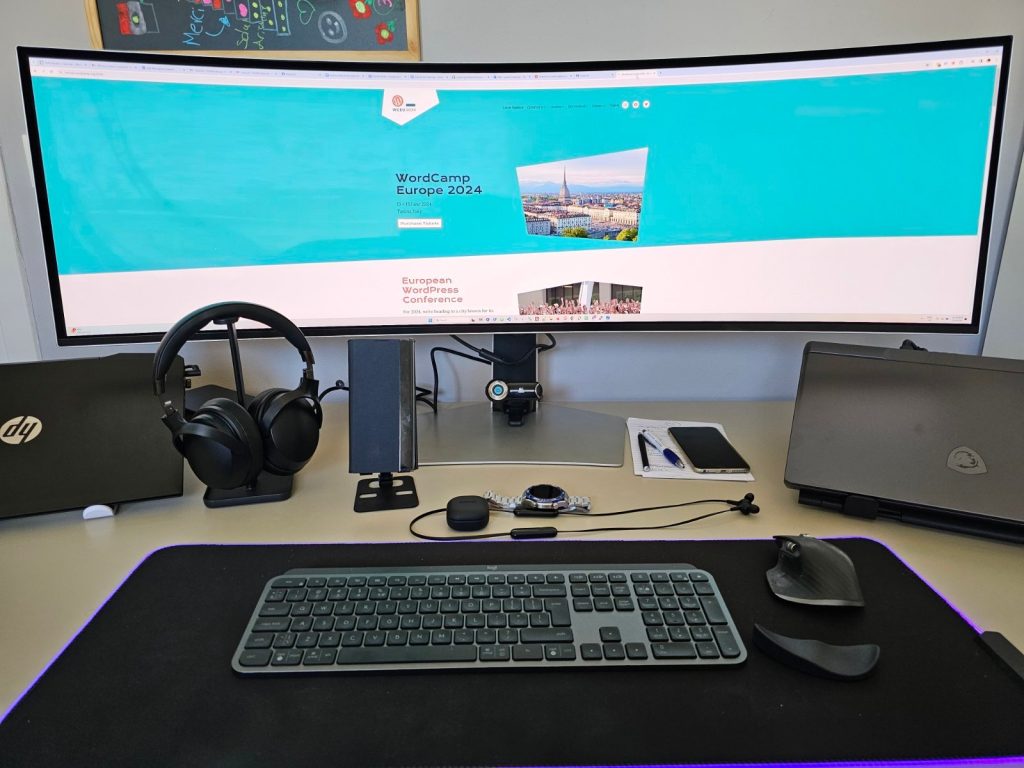
Devrims: Who would you recommend us to interview next?
Fotis: My friend Mauricio Gelves from the Spanish community!
